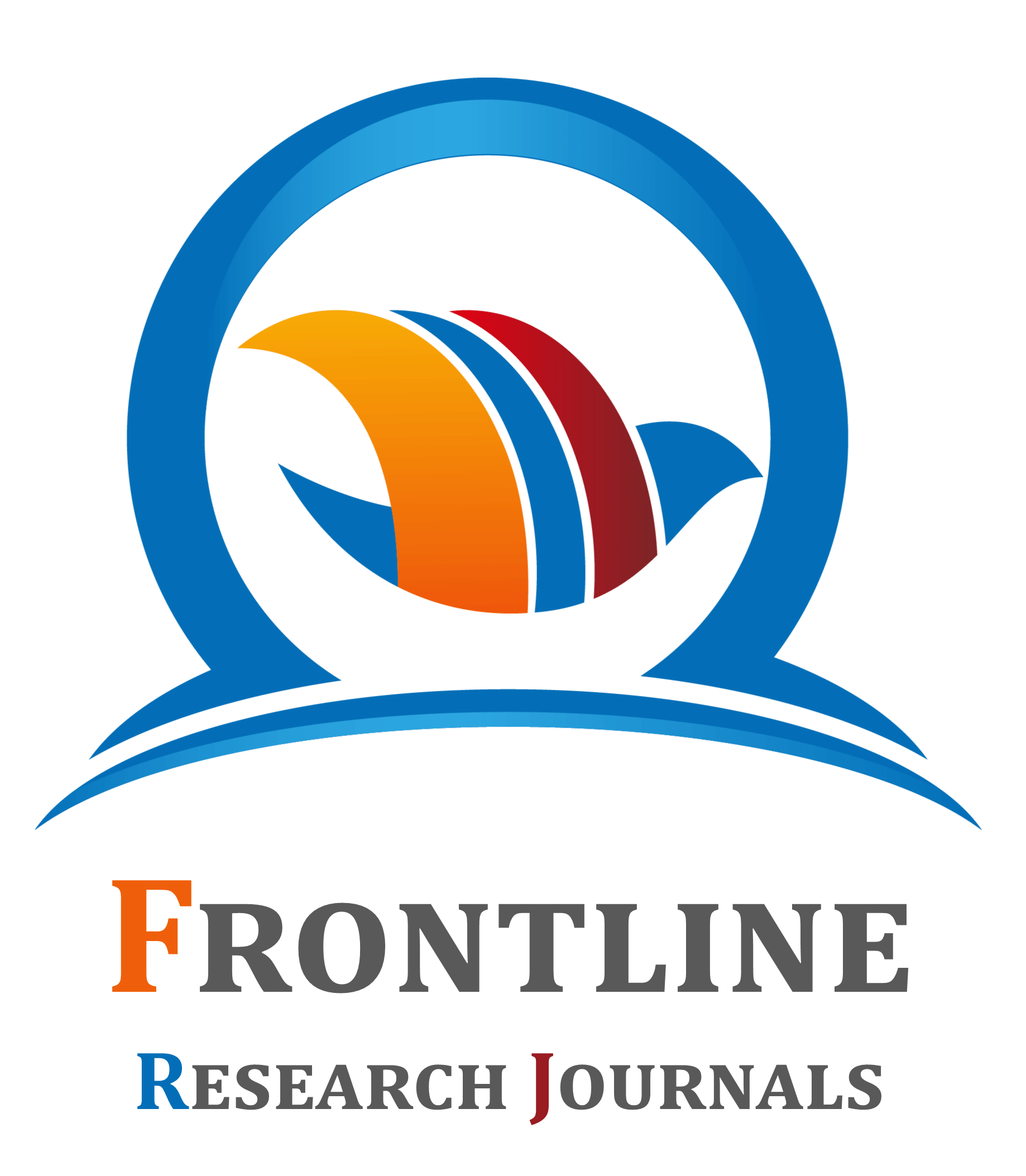A conceptual model for standardizing tax procedures in Nigeria’s public and private sectors
1 Imo State Internal Revenue Service, Nigeria.
2 Zenith General Insurance Company Limited, Nigeria.
3 The Velvet Expression, Lagos, Nigeria.
4 Independent Researcher, Lagos, Nigeria.
5 Zenith Bank Nigeria.
Review
International Journal of Frontline Research in Multidisciplinary Studies, 2022, 01(02), 014–026.
Article DOI: 10.56355/ijfrms.2022.1.2.0052
Publication history:
Received on 12 June 2022; revised on 20 August 2022; accepted on 23 August 2022
Abstract:
Tax administration in Nigeria faces significant inefficiencies due to inconsistencies in procedures between the public and private sectors. These discrepancies result in revenue losses, compliance challenges, and unequal treatment of taxpayers. This paper proposes a conceptual model for standardizing tax procedures across both sectors to address these issues. The model advocates for harmonized tax guidelines, streamlined filing processes, and improved digital tax administration systems to ensure uniformity, transparency, and efficiency. The standardization model consists of three primary components: regulatory alignment, process automation, and taxpayer education. Regulatory alignment focuses on developing unified tax laws and policies that apply equally to the public and private sectors, minimizing loopholes and contradictions. Process automation emphasizes the implementation of digital systems to simplify tax filing, reduce human error, and increase accessibility for taxpayers. These systems promote transparency and make tax compliance more efficient for both tax authorities and taxpayers. Taxpayer education, the third component, is crucial for ensuring that all stakeholders understand their obligations under the standardized tax system, which enhances voluntary compliance. By adopting this conceptual model, Nigeria can achieve a more efficient and equitable tax system. Standardized procedures across sectors will help to eliminate the disparities that currently exist, ensuring fair and consistent treatment of all taxpayers. Additionally, automation of tax processes will reduce administrative burdens, lower the risk of tax evasion, and increase revenue collection for the government. Improved taxpayer education will further foster a culture of compliance and reduce the need for enforcement actions. This model serves as a strategic framework for tax reforms in Nigeria, offering a sustainable solution for streamlining tax administration. With proper implementation, the model has the potential to significantly enhance the efficiency, transparency, and fairness of Nigeria’s tax system, benefiting both the government and taxpayers.
Keywords:
Tax administration; Standardization; Nigeria; Public sector; Private sector; Process automation; Taxpayer education; Regulatory alignment
Full text article in PDF:
Copyright information:
Copyright © 2022 Author(s) retain the copyright of this article. This article is published under the terms of the Creative Commons Attribution Liscense 4.0
